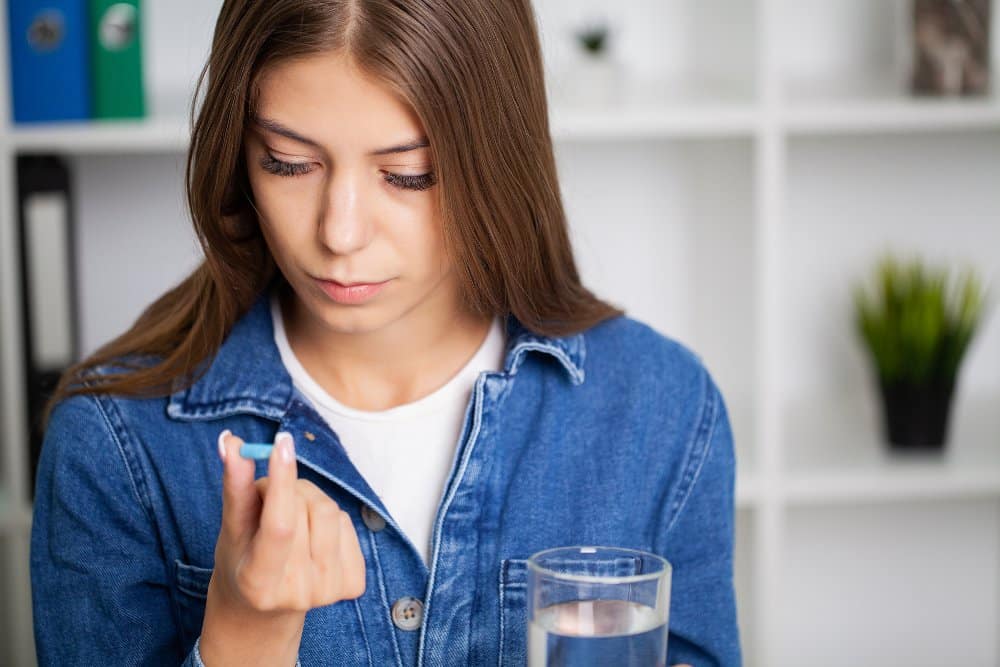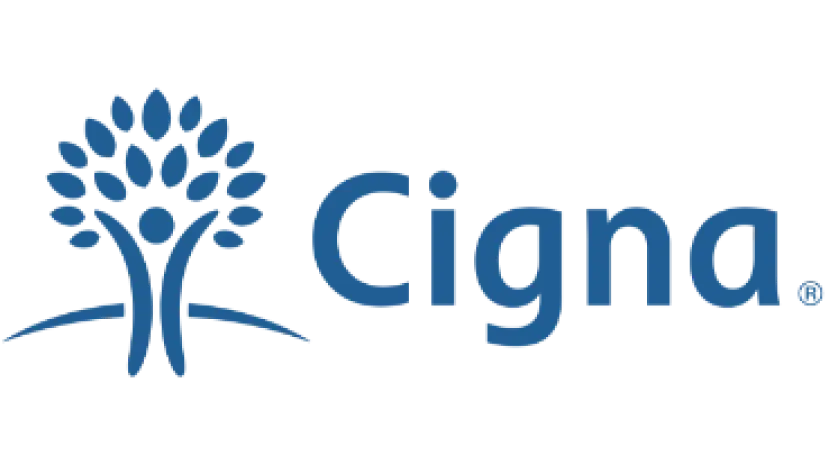



Mental health has increasingly come to the forefront of societal concerns. According to the National Alliance on Mental Illness, 1 in 5 U.S. adults grapple with mental illness each year. However, in 2021, only 47.2% of U.S. adults with these challenges sought and received treatment. For many, coping mechanisms might include habits of self-medication. Recognizing and addressing these tendencies is crucial for overall well-being. In this article, we delve into strategies that promote understanding and offer healthier alternatives to self-medication.
During times of heightened stress and uncertainty, it’s not uncommon for individuals to turn to various substances to alter their emotional state. Whether it’s indulging in certain foods for comfort, lighting up a joint to relax, having a drink to ease social tension, or relying on prescription drugs for better sleep or focus, these behaviors can be indicators of self-medication.
Self-medication involves using substances, be it alcohol, drugs, or even everyday items like food, to cope with the symptoms of a mental health challenge. Sometimes, individuals might not even realize they have a mental health issue and use these substances as a temporary solution to a persistent problem. For instance, during unprecedented global events such as a pandemic, many found solace in self-medication as a way to navigate the evolving challenges.
Although it might provide temporary relief, self-medication often complicates matters in the long run. Habitual reliance on substances, from alcohol to prescription drugs and even everyday items like food or cigarettes, can escalate into addiction, magnify mood disorders, and result in various health challenges. This behavior can strain personal and professional relationships as well.
However, with insight into why and how we self-medicate, it’s possible to adopt healthier coping mechanisms, ultimately benefiting our overall emotional and mental health.
Life’s ups and downs can lead to feelings of despair, anxiety, anger, or overwhelming stress. When these feelings consistently interfere with daily life, it’s an indication of a deeper issue. Instead of professional help, though, some turn to a quick solution, like grabbing a drink or taking a pill.
Given the current socio-economic challenges, many find themselves using substances as a makeshift solution to ongoing anxieties. Others might resort to substances to escape haunting memories from their past or to confront intimidating situations.
The reasons behind turning to substances can be as varied as the means of self-medication people choose.
Understanding self-medication requires introspection into one’s reasons for consuming certain substances. Are you reaching for that painkiller because of actual pain or to escape from daily stressors? Is your alcohol consumption a means to socialize, or is it a way to manage your moods?
Indicators of self-medication include:
The transition from self-medication to substance abuse can be subtle. The issue isn’t about the kind, timing, or amount of substance but rather its impact on your life and relationships.
If substance use is disrupting your life or relationships, it signifies an abuse problem.
Attempting to handle a mental health challenge through self-medication can lead to a host of complications beyond addiction, including:
Recognizing the pitfalls of self-medication can be the first step toward seeking effective solutions to underlying problems.
The first step towards managing emotions and resolving issues is to recognize your tendencies towards self-medication. Be transparent with yourself and with those who genuinely care for you.
It’s typical for people to justify or downplay their substance usage or even to deny its existence. Shifting blame onto external factors, like economic downturns or global crises, is common. While external pressures are valid concerns, it’s crucial to acknowledge whether substance use exacerbates your problems.
Acceptance is vital in mental health. Admitting to challenges like depression or anxiety isn’t a flaw; it’s courageous. There are myriad ways to regain control of your life. Tracking your substance use can reveal patterns. By abstaining for a few days, you might notice how your emotions and overall health respond.
Many self-medicate under the belief that it offers genuine benefits. However, substances like alcohol might offer short-term relief but compromise long-term wellness. For instance, a nightly drink might help you drift off, but it can disrupt the sleep cycle. Understanding this can help shift perspectives on substance use.
Additionally, while alcohol might momentarily uplift mood, its depressive nature can ultimately lead to increased anxiety and sadness. Recognizing these truths can help challenge and ultimately change behaviors.
Empowerment is key. Depression, anxiety, or stress often respond positively to self-initiated actions such as:
When substance misuse overlaps with mental health concerns, it’s referred to as a dual diagnosis. Addressing both the substance and the triggering emotional issue is crucial. Recovery might include therapy, peer groups, self-initiated steps, lifestyle alterations, or medication.
Aiding someone who’s self-medicating can be challenging. Yet, your love and encouragement can make a difference. Conversations, understanding, professional help, engaging in substance-free activities, promoting social engagement, setting boundaries, patience, and seeking your own support can help both you and the individual navigate the recovery journey.
Remember, healing is a continuous process; patience and persistent care go a long way.
This article underscores the importance of understanding the intricate relationship between mental health and the tendency to self-medicate. Mental health challenges are prevalent, yet many continue to face them in silence or turn to temporary solutions that might exacerbate their conditions. Recognizing patterns, challenging beliefs, and adopting healthier coping mechanisms are foundational steps in managing these concerns.
However, there’s no shame in seeking help when self-reliance seems insufficient. If you or someone you know struggles to break free from self-medicating with drugs or alcohol, consider reaching out for assistance. Porch Light Health has over 60 clinic locations, offering not only addiction recovery programs but also Behavioral Health Services and Psychiatric Services. By addressing the root causes of addiction, individuals can journey towards a brighter, healthier future.
Remember, every step towards better mental health, no matter how small, is a step in the right direction. Don’t hesitate to seek support when needed. Find a clinic near you or give us a call at 866-394-6123 to learn more.







